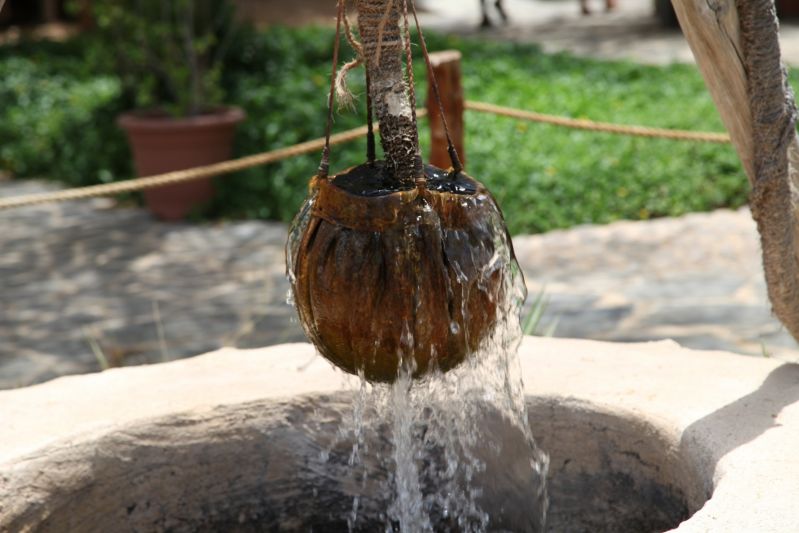Self-imposed Fees Promote Water Conservation, Study Says
Published on by Water Network Research, Official research team of The Water Network in Academic
Self-imposed well pumping fees can play a role in encouraging groundwater conversation, according to the results a study led by researchers from the University of Colorado at Boulder.

The fees constitute an incentive that encourages farmers to grow less thirsty crops, irrigate more efficiently and reduce overall water use.
“When we talk about groundwater crises arising all over the world, the knee-jerk reaction among policymakers is often to ask, ‘What can government do?’ not ‘What can farmers do?’,” said Krister Andersson, director of the Center for the Governance of Natural Resources at CU and co-author of the study results published in the Journal of the Association of Environmental and Resource Economists. “This study shows that there exists a good alternative to top-down regulations — that self-organized efforts can have a huge impact on how much water farmers use.”
The study centered around an initiative in the San Luis Valley in Colorado, where several hundred farmers voted to impose a fee on groundwater — which is typically free and largely unregulated — beginning in 2011. The move came after a historic drought in 2002 and subsequent dryer-than-average years left the aquifer depleted and some farmers worried the state might begin shutting down wells, as it had in other areas.
Farmers historically have relied primarily on surface water from streams and runoff. But as population growth and climate change have strained supplies, agriculture has grown increasingly reliant on groundwater.
The new fee, now $75 an acre foot of water, is among the first in the nation. About 700 farmers who manage a total of 170,000 acres are subject to the fee. Proceeds are used to help local irrigators buy supplemental surface water or pay them to let their acreage go unused in dry years.
As part of a National Science Foundation grant aimed at assessing self-organized water conservation programs, CU researchers spent years in the San Luis Valley Basin meeting with stakeholders and collecting data.
“With this study, we have been able to offer validation that what they are doing is working,” said Kelsey Cody, a graduate research assistant at the CU environmental studies program and co-author of the study.
The study drew upon five years of data from farmers inside and outside the district before and after the fee was implemented. The study found that farmers subjected to the fee pumped 32 percent less water per year on average. Some switched to less water-intensive crops. Others upgraded to more water-efficient irrigation equipment. Some didn’t reduce their water use and opted to pay extra.
Read more: The Business Times
Media
Taxonomy
- Resource Management
- Water Resource Management
- Hydrology
- Groundwater
- Water Management
- Consumption
- Groundwater Recharge
- Groundwater Modeling